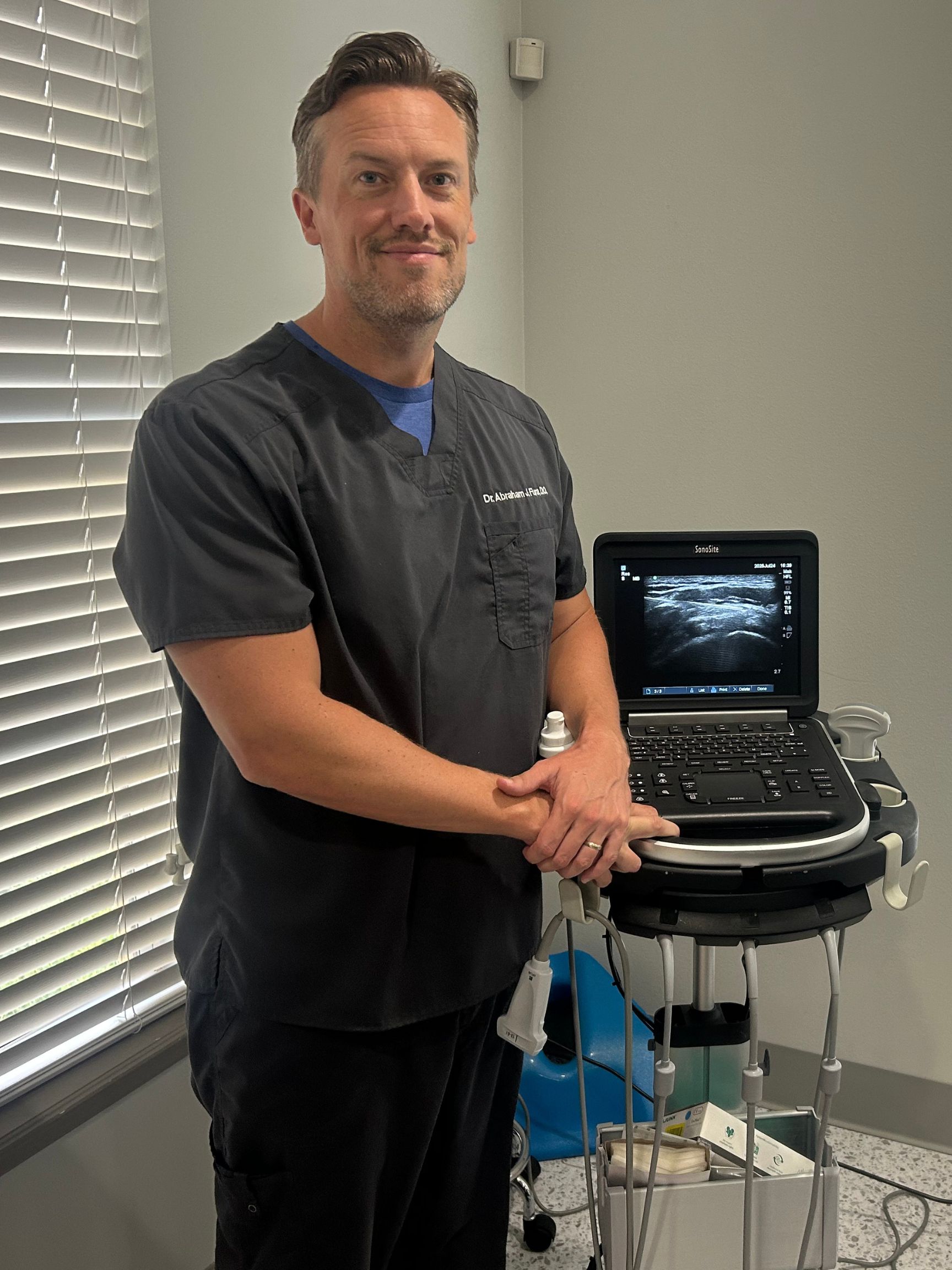
BEYOND RECOVERY
While some pain is a normal part of healing after any surgery, for some individuals, the pain persists long after the tissues have healed. Chronic Post-Surgical Pain is defined as pain that lasts for more than three months after a procedure. This is not simply a slow recovery; it's a complex condition that can arise from nerve irritation, scar tissue, or a sensitized nervous system. We specialize in diagnosing the specific reason your pain has continued and developing an advanced, targeted plan to help you achieve the relief your surgery was intended to provide.

UNDERLYING CAUSES
While acute post-operative pain is normal, chronic pain is a sign that something is disrupting the healing process or that the nervous system itself has been affected.
During a procedure, nerves can be unavoidably stretched, nicked, or irritated. This can lead to chronic neuropathic pain that feels like burning, tingling, or shooting.
As the body heals, it creates internal scar tissue. Sometimes this tissue can entrap or "stick" to nerves, causing persistent pain with movement.
The trauma of surgery and subsequent changes in movement patterns can lead to the development of painful trigger points in the surrounding muscles.
Intense or poorly controlled pain after surgery can sometimes cause the nervous system to become hypersensitive, keeping pain signals "on" long after the tissue has healed.

IS YOUR PAIN NORMAL?
Distinguishing between normal healing pain and chronic post-surgical pain is key. Here are signs that your pain may require specialized attention.
This is the primary indicator. Pain that continues well beyond the typical 6-12 week healing period for most surgeries.
Your pain isn't just an ache. It feels like burning, tingling, shooting, or electric shocks, which points to nerve involvement.
Instead of your mobility and function gradually improving as you heal, you find that persistent pain is increasingly limiting your daily activities.
The surgical area or surrounding skin becomes extremely sensitive to light touch, a symptom known as allodynia.
The level of pain you are experiencing feels far more severe than what you and your surgeon would reasonably expect from the procedure.
Pain that initially was confined to the surgical site begins to spread to a much wider area over time.
If you're still struggling with significant pain months after surgery, you are not alone, and your pain is real. It's time for a specialized evaluation to understand why it's persisting. Contact us to explore advanced pain management strategies that can help you finally achieve the relief your surgery was intended to provide.